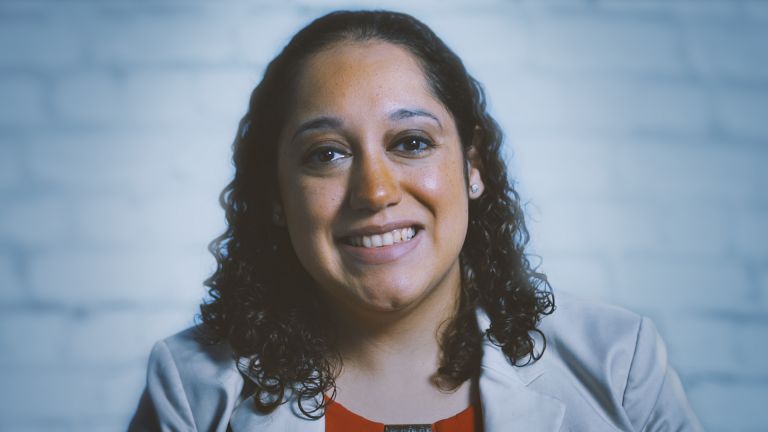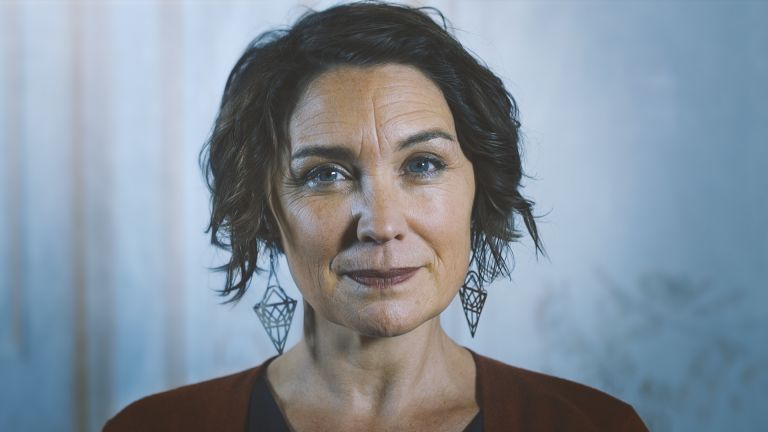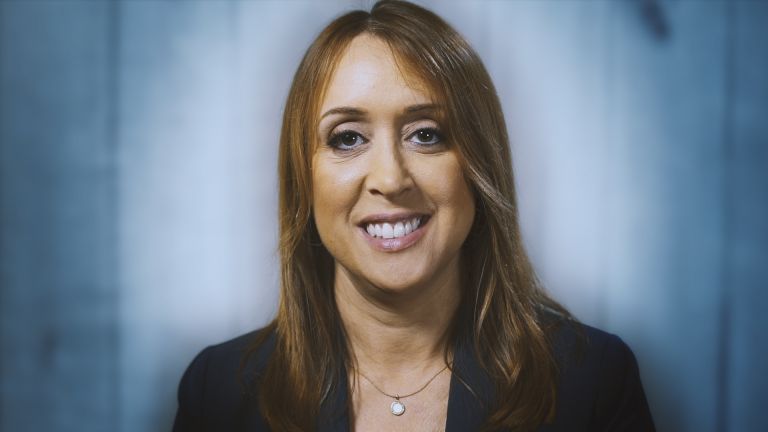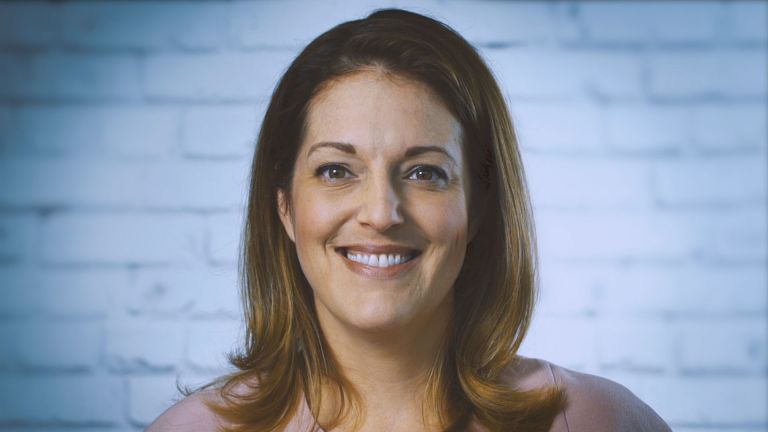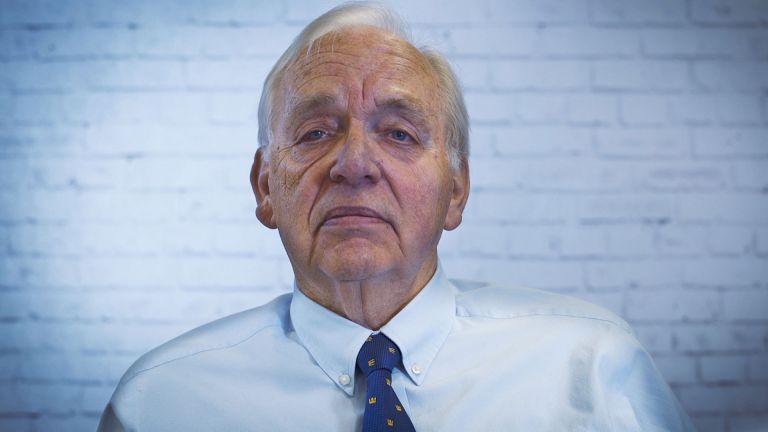Alesia Alexander, LCSW, CT
Alesia K. Alexander is a community and youth development advocate with a focus on at-risk children and teens who have lost a loved one to death. She’s served as a consultant on grief, loss, gang intervention, and inclusion in the U.S. and internationally and has authored four books: Sunflowers and Rainbows for Tia: Saying Goodbye to Daddy, A Mural for Mamita/Un Mural Para Mamita, Dream Clouds, and Tapestries: A Creative & inclusive Approach to Grief Support with Young People & Communities.
Grief is a set of experiences that involves the perceived loss that someone has around a person, a situation, an event, a happening, that changes the way that they physically, emotionally, spiritually react and respond to the world around them. So, if we’re thinking about the way that we’re taught that grief is, we’re taught that it just involves a death event, a death of a loved one. But grief actually encompasses a series of losses, and a series of change, and has to do with how we integrate that change into our day to day functioning.
Mantra, mantra, mantra around this is, “You will mess up grief work. You will mess up grief support.” I can’t even begin to number the times that I’ve made mistakes. I’ve made mistakes in this interview around what it is to grieve and what it is to offer support.
I think that key thing is compassion. Compassion for yourself and also compassion for others. Understanding that it’s not a griever’s job to course correct you. And if they take offense, they’re hurt by something that we say, to stay human and to stay really, really humble in our ability to say, “Hey, I didn’t mean that. I really mean to say I see you’re hurting. I don’t know what to say.” It has to be this internal space that you’re constantly pushing yourself to keep showing up even when you mess it up, even when it’s awkward, even when you sound weird or you just missed the mark. And, that is absolutely about attending and showing up for people where they are.
Saying, “Let me know if you need anything,” and leaving it to the griever to have to come back and ask creates a less than supportive space for them to do their work in. So, if we say it, we need to mean it and we need to lean into the ways that we can be present.
Which is, instead of saying, “Let me know if you need anything,” come with stamps, come with the meal, come with the gift card, come with the case of soda, or whatever that gesture is. It’s important for us to stay active in our response to other’s grief so that it's not about them having to come back and make an appeal, which we all know is the uncomfortable part of losing someone is having to ask for help.
The phases that grief has been described to us as, may or may not fit. Your experience may be very different, and that's OK. And, we have to give each other permission around that, so we can really present ourselves as supportive and safe. Because, we can make it unsafe for each other with having an expectation around what’s someone else’s grief journey is. And, I think that’s important for parents, I think it’s important for peers, I think it’s important for communities to throw away their expectations around what they think grief is because, the collective never reaches that expectation.
Best parenting advice ever: give your kids feeling words. Give yourself feeling words. One of the things I see and, and I’m guilty of myself is instead of saying “I’m sad,” I say “Oh, I’m tired.” Instead of saying “I’m angry,” “Eh, I’m frustrated,” or “I’m OK. I’ll get over it.” Instead of owning that there’s a feeling behind this, “I’m not just tired, I had eight hours of sleep. I’m angry that this didn’t go the way I needed it to. I’m angry that my father’s gone. I’m angry that that car cut me off, and I wasn’t alert enough, because I’ve been grieving, to put the brakes on, and now we’re waiting on State Farm.” So (laughs), you know, it’s, it, it’s, uh, it’s a real, I think rethinking, and it’s about learning whether or not you have the vocabulary as an adult.
We are great at, as a society, “How are you?” “Oh, I’m fine.” We don’t leave spaces for real responses and real check-ins. So a practice, a way to think about yourself as supportive and as being grief-aware, is to understand that at any time, someone is dealing with something that is creating a barrier, a challenge to their one hundred-percent self showing up and we can respond to that honestly and openly, then we are really creating that safe environment for sharing. We are creating a safe environment for other people to model that for each other.
“I often get asked, ‘what’s the end game around grief and grief support?’ And, the answer is there is no end game other than to create a real safe environment for all of us, to do the work of loving; to do the work of losing. Grief work is about the work we do on being more human.” Alesia K. Alexander
